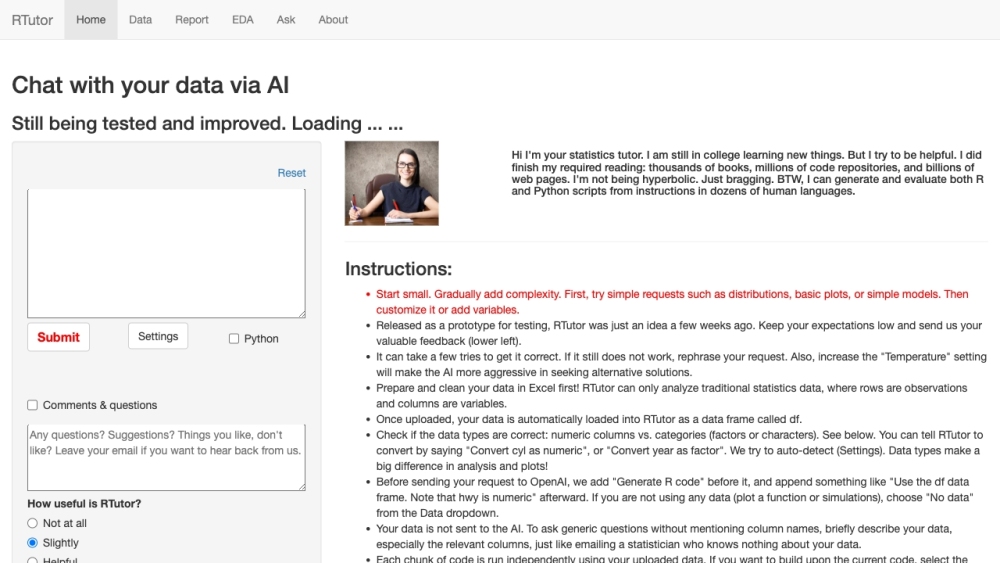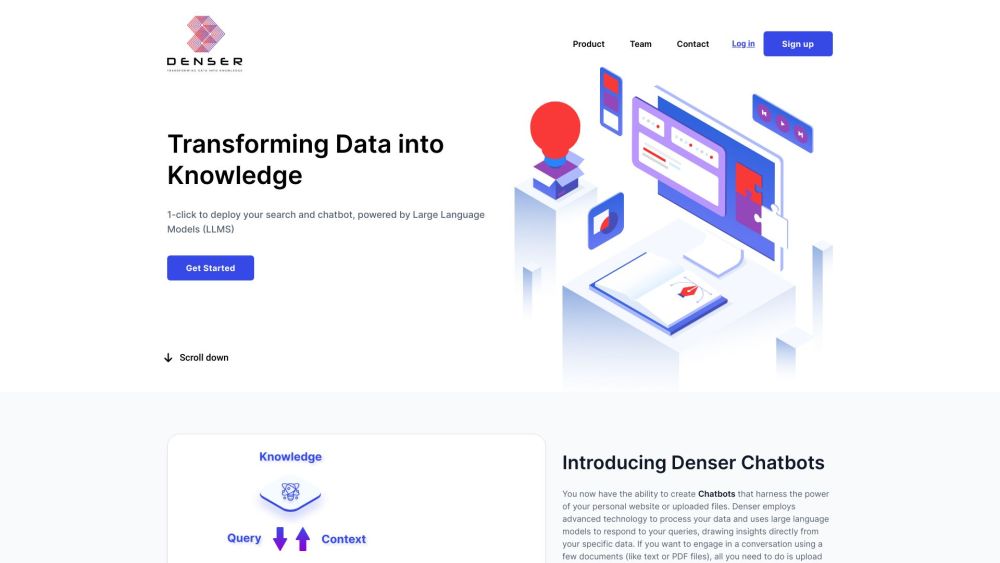According to reports, AI startup Hugging Face is set to raise at least $200 million in its upcoming Series D funding round. Valued at $4 billion, this rapidly growing company is recognized as a leader in open-source alternatives to the ChatGPT family, significantly transforming the landscape of natural language processing (NLP).
Founded in 2016 with the aim of creating a teenage-focused AI chatbot, Hugging Face has evolved its mission over the years. Co-founders Clément Delangue, Julien Chaumond, and Thomas Wolf transitioned their attention toward enhancing chatbot AI capabilities, leading to the launch of the Transformers library. This open-source tool quickly became the fastest-growing machine learning library on GitHub, positioning Hugging Face as the "GitHub for machine learning."
Today, Hugging Face goes beyond chatbots, emerging as a comprehensive resource for open-source AI tools. Its platform features the Transformers model library, over 120,000 models, 30,000 datasets, and 50,000 demos, all freely accessible. In April, Hugging Face launched HuggingChat, a powerful alternative to ChatGPT, which leverages its open-source nature to encourage community contributions. Users can engage with HuggingChat through a web interface or integrate it into applications via the Hugging Face API. Like ChatGPT, HuggingChat excels at complex tasks, including coding, drafting emails, and songwriting.
Hugging Face has democratized access to NLP and AI technologies, enabling individuals and organizations of all sizes to utilize these tools without incurring the high costs traditionally associated with Transformer model development. By offering pre-trained models that are easy to fine-tune, Hugging Face empowers smaller businesses and startups to advance in AI innovation.
Training a large language model (LLM) with Hugging Face involves three main steps: model selection, fine-tuning, and deployment. The model hub provides a diverse selection of pre-trained models tailored to various needs and integrates seamlessly with popular NLP tools. Users can adapt models for specific tasks with minimal data and resources, while the Hugging Face API ensures straightforward integration across different environments.
Amid increasing competition in the AI sector, Hugging Face has maintained strong partnerships with industry leaders like Microsoft and Amazon. In 2022, a collaboration with Microsoft Azure was established to enhance model deployment efficiency, generating new revenue streams. In March 2023, the partnership expanded, further optimizing the deployment of LLMs.
Since initiating its commercialization strategy in 2021, Hugging Face has attracted over 5,000 corporate clients, including notable companies like Intel and Pfizer. While OpenAI's ChatGPT initially took center stage in the tech revolution, the future landscape of AI is uncertain due to escalating competition. However, one thing remains evident: open-source AI models will be crucial.
As open-source AI continues to gain significance, Hugging Face distinguishes itself through its commitment to community and collaboration. By offering high-quality open-source models and tools, it lowers the barriers to entry in artificial intelligence, enriching the global AI community. Recent funding activities have heightened interest in Hugging Face, which completed a $100 million Series C funding round in May and is now considering additional offers in its Series D round, potentially raising up to $300 million.
In summary, Hugging Face is pioneering the open-source AI space by promoting innovation and accessibility, while cultivating a vibrant community of developers and researchers. This collaborative ecosystem is vital for shaping the future of AI and expanding its applications across diverse sectors.





